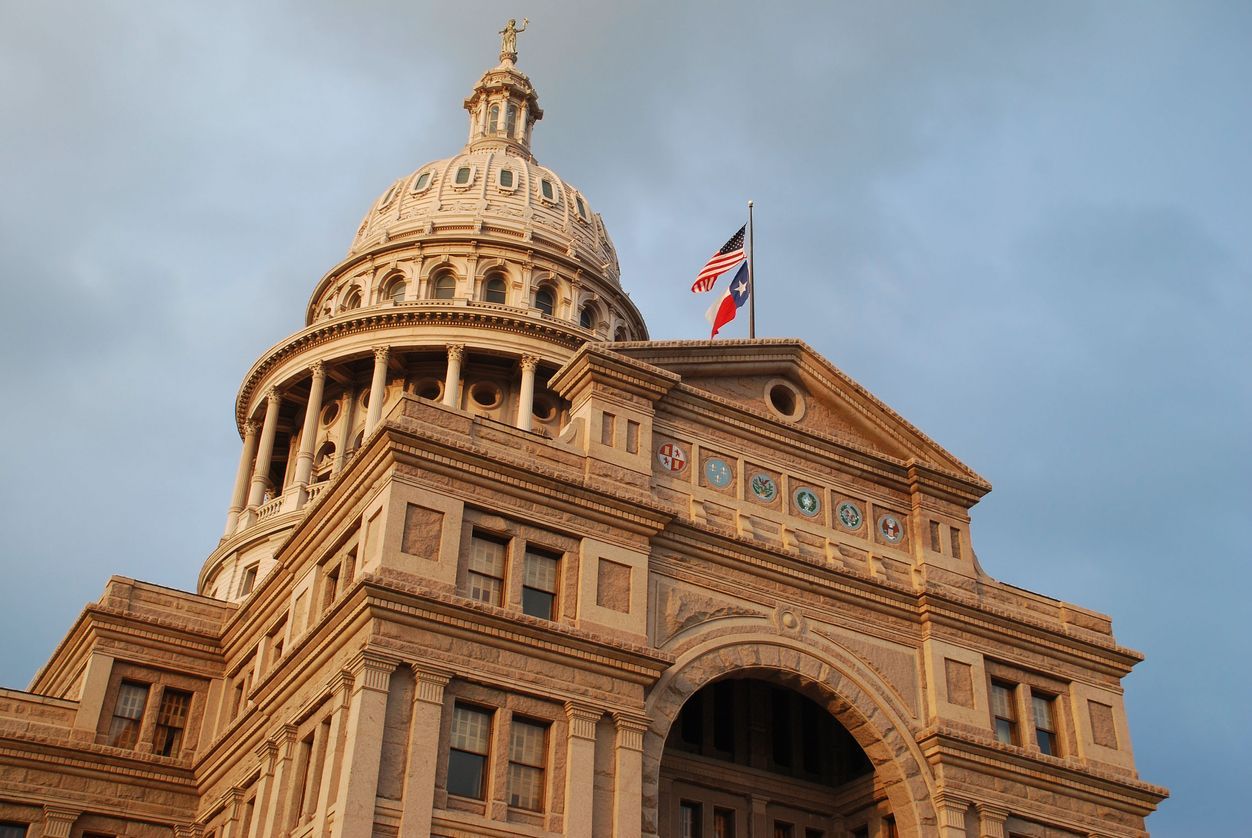Harris County Bail Lawsuit Article
Harris County Bail Lawsuit
A proposed settlement in the landmark Harris County bail lawsuit would significantly change how the county treats poor defendants in misdemeanor cases by providing free social and transportation services and relaxing penalties for missed court dates. The draft deal includes a number of reforms aimed at ensuring poor defendants arrive for court hearings and are not unfairly pressured into guilty pleas. They would, among other changes: require Harris County to provide free child care at courthouses, develop a two-way communication system between courts and defendants, give cell phones to poor defendants and pay for public transit or ride share services for defendants without access to transportation to court.
“I’m not aware of any county, or city the size of Houston… doing those type of innovative things,” said Mary McCord, a former federal prosecutor who filed an amicus brief in the case on behalf of the poor defendants. “Ultimately, the county is going to save so much money by not keeping these people in jail.”
The proffered agreement would require the county to operate at least one night or weekend docket to provide a more convenient opportunity for defendants with family, work and education commitments. Courts would be barred from charging any fees to poor defendants, defined as those earning less than 200 percent of the federal poverty level, which is about $25,000 for someone with no dependents.
The proposal also would reduce penalties for missed court dates. A defendant could not be deemed to have failed to appear if he arrived in court on the day assigned, even if he was hours late. Defendants would be allowed to reschedule court appearances for any reason at least two times without negative consequences. Judges only could issue bench warrants 30 days after a missed a court appearance, so long as the court already has attempted to contact the defendant with a rescheduled hearing date.
In addition, judges would be required to permit defendants to skip hearings where their presence is unnecessary, such as routine meetings between prosecutors, defense attorneys and judges that do not involve testimony or fact-finding.
At the heart of the 23-page proposed settlement, a copy of which was obtained by the Houston Chronicle, is the codification of a new bail schedule unveiled by the slate of newly elected of criminal judges in January, under which about 85 percent of people arrested on misdemeanors automatically qualify for release on no-cash bonds.
“Our current goal now is to become the model misdemeanor court system in America,” said Harris County Criminal Court at Law Judge Darrell Jordan, a bail reform advocate and the only Democrat on the misdemeanor bench when the case began. “I think the proposals in the settlement, as far as the wraparound services for misdemeanor defendants, is a great step in that direction.”
Among the more unusual provisions of the proposed settlement is the creation of a bail education program “to protect against renewed efforts to mislead or misinform the public about the history of constitutional violations, the harms of pretrial detention, empirical evidence concerning secured money bail and the functioning of the misdemeanor bail system in Harris County.”
The county would be required to develop a curriculum for use in public schools and install exhibits on bail reform in the lobby of the criminal courthouse, in the office of County Court at Law Judges and the Harris County Jail.
The proposal also would require courts to schedule hearings at least three days after misdemeanor defendants are released from jail, to ensure they have an opportunity to “address the disruption in their lives caused by the arrest,” according to the draft.
Officials envision paying for those programs, in part, with the money the county saves by diverting defendants from the Harris County Jail, which currently has a daily cost of $80 per inmate.
Investing that money into such pretrial services would lead to better outcomes, said Precinct 1 Commissioner Rodney Ellis, who has sided with the plaintiffs since his election. “Advancing meaningful change to our broken bail system to ensure all people are treated equally and fairly under the law requires holistic reform,” Ellis said. “That means ensuring due process and equal protection in our courtrooms, as well as the breaking down the barriers that prevent access to justice in our communities.”
Any proposed settlement would need to be approved by Harris County Commissioners Court, the plaintiffs’ attorneys and U.S. District Court Judge Lee H. Rosenthal, who is overseeing the lawsuit. Rosenthal ruled in April 2017 that the county’s cash bail system was unconstitutional because it kept some indigent defendants in jail solely because they were unable to afford bail. A group of poor misdemeanor defendants brought the class action in 2016. A Chronicle review of more than 100 Harris County misdemeanor cases last year revealed a pretrial system that provides little support or supervision for poor defendants, who are most at risk of failing to appear in court.
To date, Harris County has spent $9.2 million defending the case, First Assistant County Attorney Robert Soard said. Since the 15 Republican misdemeanor judges named as defendants in the case were swept out of office last November, attorneys for the county, the hearing officers and poor defendants have worked together on the settlement. Commissioners Court met briefly in executive session to discuss the settlement at its regular meeting Tuesday, but took no action. Soard declined to discuss the negotiations, but said the county hopes to settle as quickly as possible. Allan Van Fleet, an attorney representing the misdemeanor judges, predicted the parties would settle within 30 days. Harris County Judge Lina Hidalgo issued a statement late Friday stressing that the proposal is preliminary, and could change.
“We’re working well with the plaintiffs to reach an agreement that will provide a model for bail reform around the country while also being feasible for the county to implement,” she said. Precinct 2 Commissioner Adrian Garcia said he is eager to negotiate a settlement that balances the needs of defendants against those of victims and county taxpayers. He declined to speak to specific provisions in the proposed settlement, but said he has concerns that some may be too expensive or unrealistic.
“I’ll just say there’s a number of things that immediately hit me like, ‘I’m not sure how we’re going to do that,’” Garcia said. Precinct 3 Commissioner Steve Radack and Precinct 4’s Jack Cagle panned the proposal, which they said is too broad. The pair of Republicans said it should instead focus on implementing bail rules that ignore a defendant’s ability to pay. “If my learned colleagues are going to strive for free Uber rides for the accused, I’d strongly advocate we provide the same to victims,” Cagle said. The draft agreement does not detail the cost of the proposed pretrial programs, though it includes a section dedicated to how savings from holding fewer defendants in jail would be shifted to them. The county would be required to create a comprehensive system for calculating the savings generated from bail reform, and invest at least 50 percent of that sum into pretrial programs.
Since misdemeanor judges began using the new bail rules on Feb. 16, the population at the Harris County Jail has decreased 218 inmates, to 7,971. That drop saves the county about $17,500 per day. Sheriff Ed Gonzalez credited bail reform, in part, for helping the county stop outsourcing the housing of inmates to Louisiana last year. The settlement proposal seeks to make court appearances less onerous for defendants.
Kelvin Banks, director of the county’s pretrial services division, said the child care, cell phone and transportation programs would remove barriers that regularly cause defendants to miss court dates. He acknowledged Harris County residents may be wary to see tax dollars spent on people accused of crimes, though he said a pilot program last year that provided free public transit to defendants saved the county money.
“It costs the county less in bus tickets than to investigate a failure to appear, with all the resources it takes,” Banks said. The deal also would set a case limit for public defenders and add attorneys to meet the office’s workload. Chief Public Defender Alex Bunin said since the county roughly doubled his budget in February, he has the necessary resources.
“The settlement will not raise costs for our office at this point,” Bunin said. Rosenthal and the parties are due back in federal court for a status conference on Tuesday.













